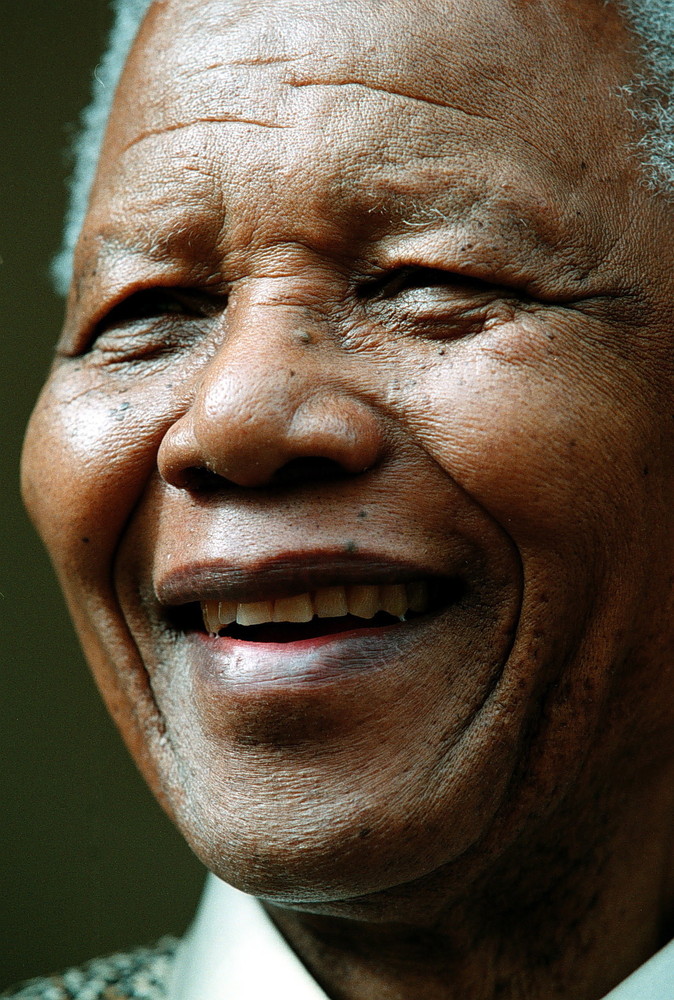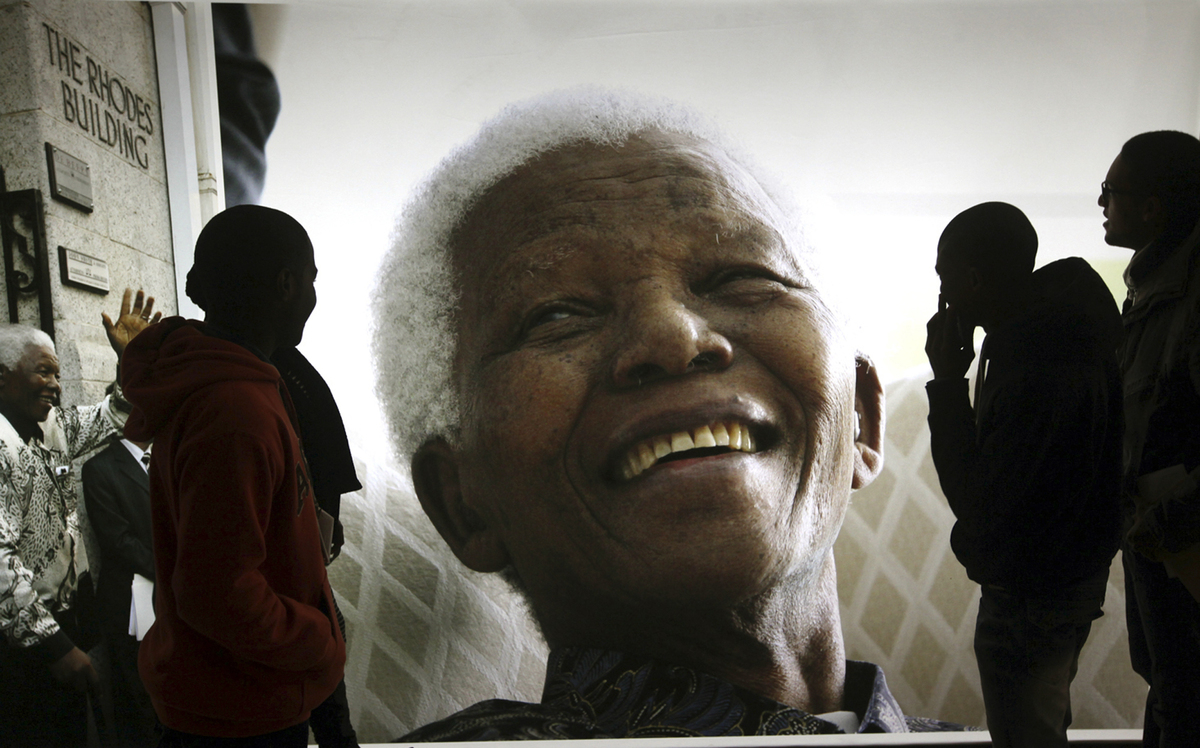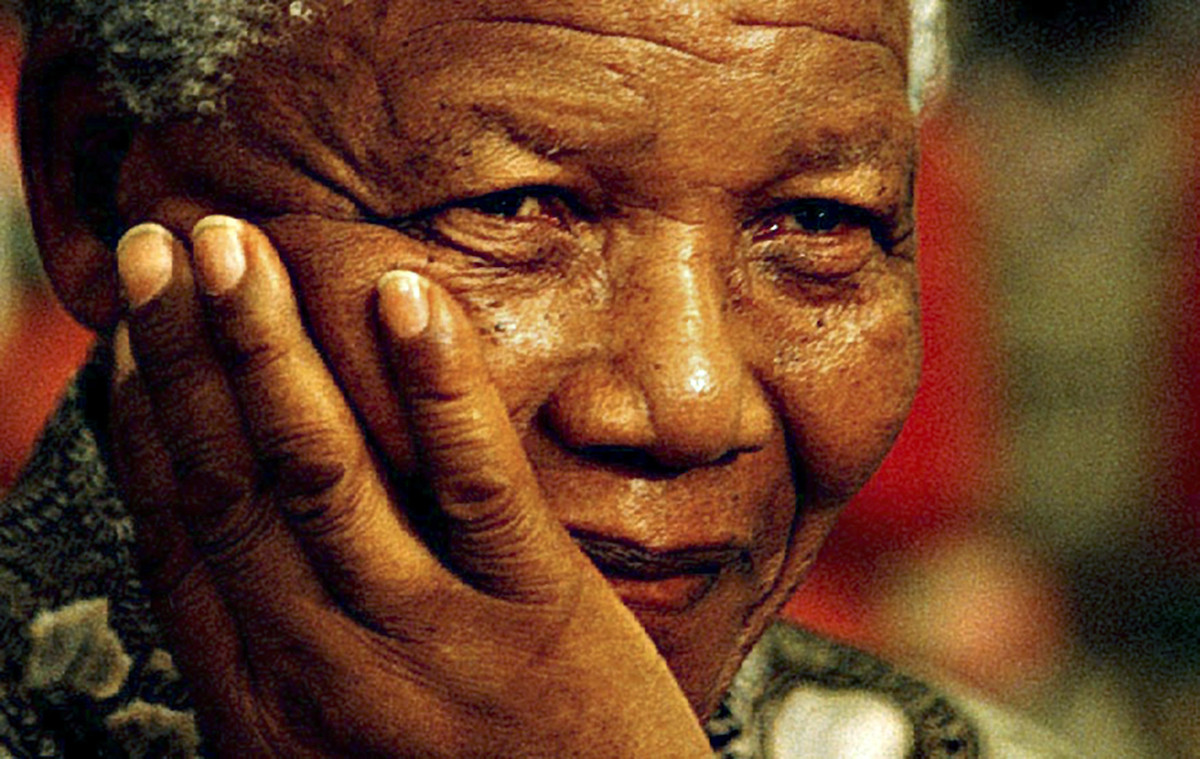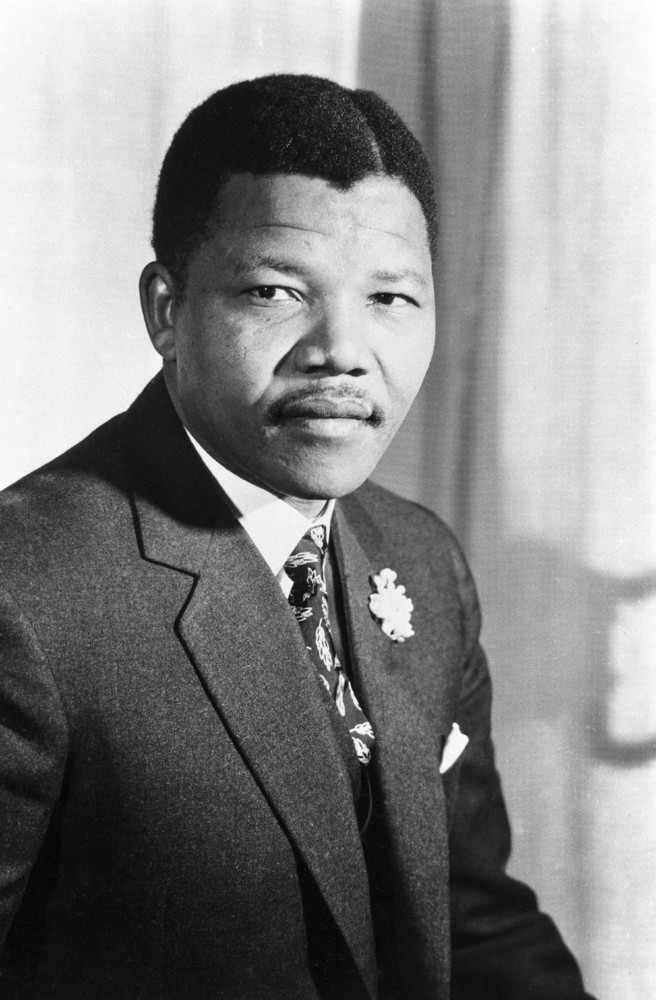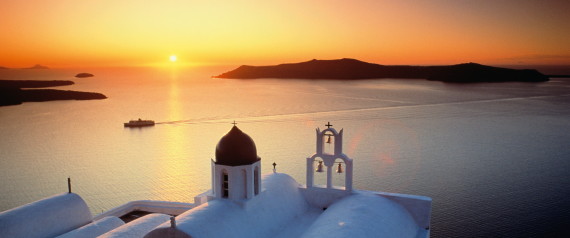
“I came to the Greeks early, and I found answers in them," writer and classicist Edith Hamilton
once said.
The Greeks have one of the oldest cultures in the world (not to mention the
first known democracy),
and to this day, we turn to the wellspring of Greek wisdom for guidance
on living well. With both an ancient tradition of introspection and
ethical inquiry, and also to one of the most heart-healthy diets in the
world, the Greeks know a thing or two about how to live a good life.
But it's not just ancient Greek philosophers like Plato and Aristotle
who unlocked the secrets to a meaningful life. The health habits and
leisure rituals of modern Greece also have a lot to teach the rest of
the world about health and happiness.
Here are 11 Greek secrets to living well.
They eat a healthy Mediterranean diet.
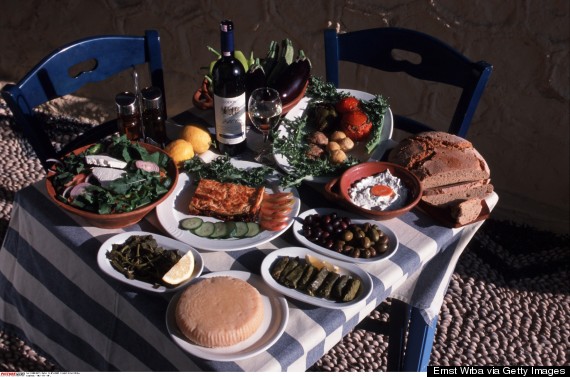
The Mediterranean diet is heavy on vegetables, olives, healthy fats
and oils, fish, whole grains and red wine (in moderation), and is
thought to have extensive health benefits, contributing to lower rates
of heart disease, obesity, cancer, and Alzheimer's disease. Research
analyzing
1.5 million healthy adults
found that those who followed the Mediterranean diet had a lower risk
of dying from heart disease and cancer and a reduced risk of developing
Alzheimer's disease.
They take naps.
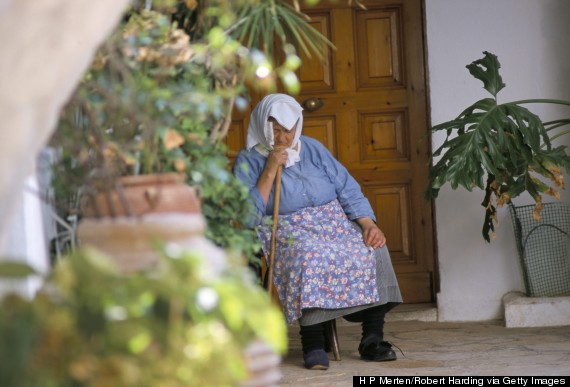
Greeks believe firmly in many things, and afternoon naps are one of
them. In some of the smaller towns and villages, businesses commonly
shut down in the mid-afternoon for the Greek
siesta time and open again around 5 p.m.
"Napping is a response, an adaptation to the hot climate," Dimitrios
Trichopoulos, a Greek researcher at the Harvard School of Public Health,
told NPR.
"Siesta is a very pleasant habit. In a way, it doubles your day.
Because you start all over again at 5 o'clock and you can go on until 11
or 12 o'clock which is not uncommon at all in our part of the world."
They appreciate the value of a good walk.
During the warmer months, small villages and towns in Greece turn to the daily tradition of
volta
(translated as stroll or outing). When the sun goes down, Greek
families will take leisurely walks up and down the main streets of small
towns, and on the islands, they'll enjoy a leisurely stroll along the
shore.
They ask the big questions.
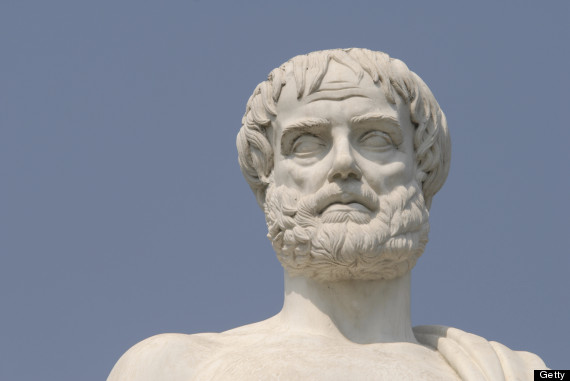
The Greek philosophical tradition is one of the oldest and arguably
the richest in the world. Philosophical inquiry thrived in the culture
of ancient Greek, and philosophers like Plato, Aristotle, Plotinus,
Epicurus and Epictetus asked the big questions: How do we live a good
life? How should the city be governed? What is morality and how should
we treat others?
In many ways, we owe the tradition of living the "examined life" to
the ancient Greeks. As Aristotle once wrote, "Knowing yourself is the
beginning of all wisdom.”
They take hospitality and generosity very seriously.
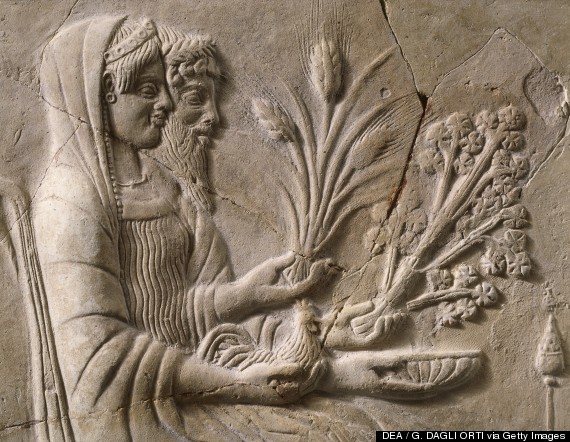
Greek hospitality goes as far back as Odysseus, and it's been
embedded in Greek culture and families to this day. (Ever seen "My Big
Fat Greek Wedding?"). This generosity and welcoming spirit derives from
the word
filoxenia, which translates to "love of foreigners."
Historically, it has referred to the hospitality of villagers and
residents of small towns who would take in travelers passing through,
offering a meal and a bed, whereas now it generally refers to the
hospitality offered to friends, family or acquaintances,
according to Greek Care, a website that teaches Australians about traditional Greek culture.
They've unlocked the secrets to longevity.
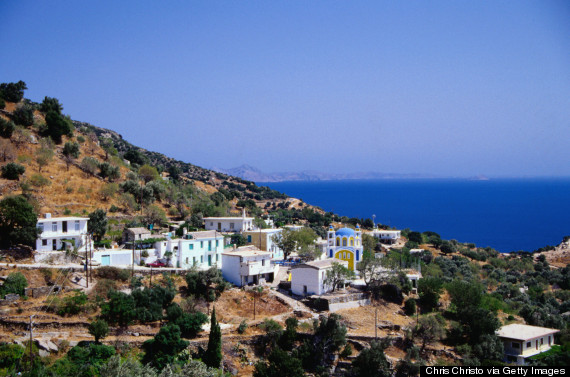
The little Mediterranean island of Ikaria has one of the healthiest,
longest-living populations in the world. Ikarian men are nearly four
times as likely as American men to reach the age of 90, and often in
better health, according to a 2012 New York Times article,
"The Island Where People Forget To Die."
They also have lower rates of depression and dementia. Their secrets to
long life? A fresh, healthy Mediterranean diet, lots of outdoor and
leisure time, strong families and communities and plenty of sleep.
“We wake up late and always take naps,”
Dr. Ilias Leriadis, an Ikarian physician, told the New York Times. “I don’t even open my office until 11 a.m. because no one comes before then.”
They take time for leisure.
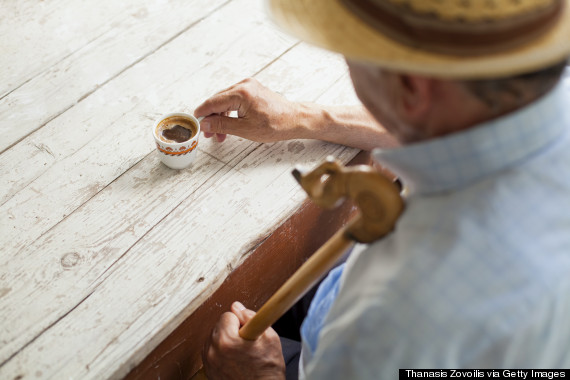
Another longevity secret of the Ikarians? They live by "island time."
“Have you noticed that no one wears a watch here? No clock is working correctly,"
Leriadia said. "When you invite someone to lunch, they might come at 10 a.m. or 6 p.m. We simply don’t care about the clock here.”
But taking time to savor life's little pleasure isn't limited to
Ikaria; Greeks are known for having a slower pace of life, which allows
them to linger over and savor family activities, long meals and small
pleasures. As a Manchester Evening News travel writer
advises visitors to the Greek isles:
Take a stroll along the waterfront where the fishermen are
mending their nets and unloading their catches. Pause for a coffee. Buy
fresh-from-the-oven bread. Enjoy breakfast. Then let the day unfold.
Slow your pace of life to that of the locals, philosophise, read a good
book, bathe, snooze.
They tell stories.
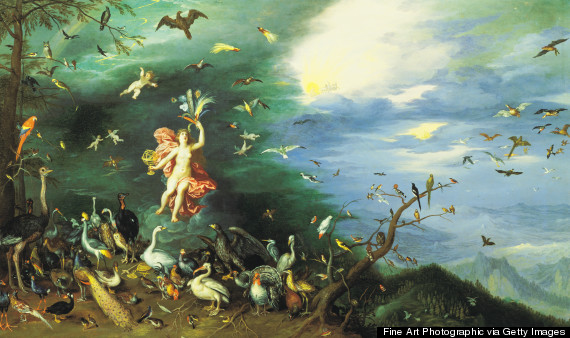
The rich tradition of Greek mythology is alive and strong in the
culture today. Through these classic tales of gods and mortals, children
learn classic wisdom and moral values. Traditionally, it is through
stories -- which our brains use to give our lives
structure and meaning -- that the Greeks have made sense of their world.
As Arianna Huffington wrote in
The Gods of Greece:
"In our longing to understand ourselves and our world, the
gods of the past, very much alive today, can show us our way into the
future. Because they are so natural, so human in their divinity, they
can help heal our culture's split between the earthly and the sacred,
the secular and the religious. In the Greek gods, the eternal and the
divine are fully at home with the ephemeral and earthly. The natural is
the divine, and therefore nothing is accidental or meaningless."
They spend time outdoors.
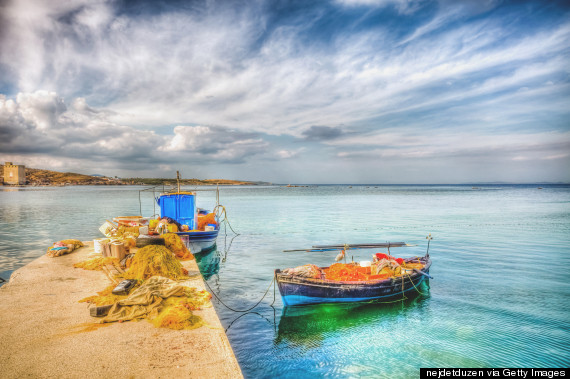
With Greece's temperate climate, warm sunshine, beautiful beaches and islands, why wouldn't you soak up the
health benefits of spending time outdoors?
They come together over good food.
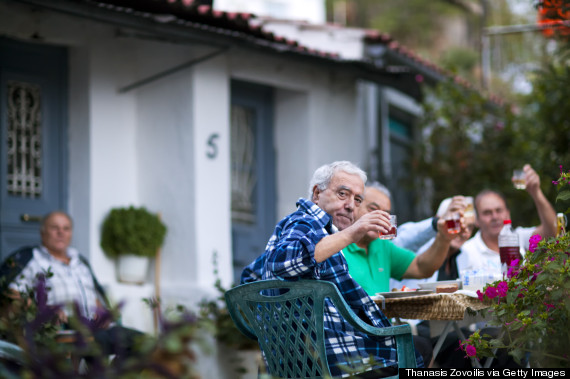
Greeks love food, and they love gathering with family, friends and
community members. So naturally, it's a Greek tradition to bring people
together for healthy meals.
"[My mother] loved how food brought people together,"
Unbinding the Heart author Agapi Stassinopolous wrote on Oprah.com.
"Eating dissolves the separation between strangers. That's the Greek
way, and that was our family way also -- to feed people, to show love
and attention through dishes like spanakopita. At the table, my mother
mended old wounds and made new friends. She reminded us that excluding
anyone is simply denying yourself an opportunity to grow -- and live."
They know where to find happiness.
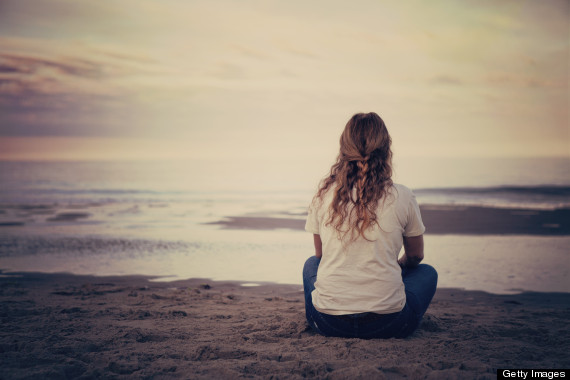
Stoicism was one of the ancient Greek schools of philosophy founded
in Athens that remains relevant to this day. The Stoics believed that
stress and unhappiness are not the result of external events, but rather
the product of our own internal judgments, and therefore that
happiness, too, can only be found within. The Stoic philosopher
Epictetus said that the one way to happiness was to look within; to "cease worrying about things which are beyond the power or our will. ”
"Stoicism took off because it offered security and peace in a time of
warfare and crisis,” HuffPost Managing Editor Jimmy Soni wrote in his
book
Rome's Last Citizen,
a biography of noted Stoic, Cato the Younger. “The Stoic creed didn't
promise material security or a peace in the afterlife; but it did
promise an unshakable happiness in this life."
